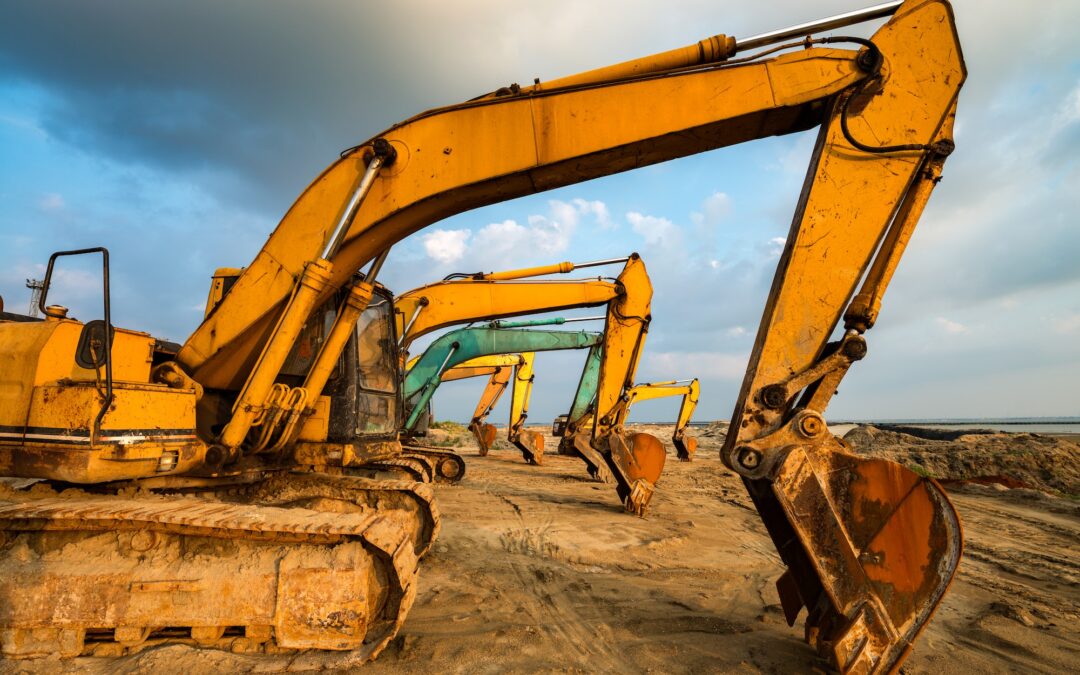Moving excavators from one site to the next requires careful planning and the knowledge of applicable regulations and permits. Regulations can vary drastically from one location to the next, and staying abreast of local laws can be a real challenge for those in the excavation business. In this article, we’ll explore the legal requirements for transporting excavators, so you can ensure that you’re always compliant with the law.
Understanding Permits and Regulations
Before you can transport an excavator, you’ll need to understand the regulations and permits that apply to the process. Each state and city has its own laws and regulations for transporting large equipment, and these vary widely. Some states may require special permits for certain kinds of vehicles, while other states may require that you obtain a permit from the local municipality before you can transport your excavator. Additionally, some states may have regulations that require you to obtain special insurance coverage when transporting excavators.
In general, it’s important to be aware of the laws that apply to transporting excavators in your area. Failure to comply with the applicable laws can result in hefty fines or even criminal charges, so it’s important to take the time to research the laws that apply to your area and ensure that you’re in compliance.
Finding the Right Transport Company
Once you’ve familiarized yourself with the regulations and permits that apply to moving excavators in your area, you’ll need to find a transport company that can safely transport your equipment. It’s important to do your research before hiring a transport company, as some companies may not have the experience or equipment necessary to safely transport excavators. Take the time to read reviews and ask for references before making your decision.
When selecting a transportation company, you should also consider the cost. Be sure to compare quotes from different companies, as prices can vary widely. You’ll also want to make sure that the transport company you choose is experienced and well-equipped to handle your excavator. Be sure to ask questions about the company’s experience and equipment, and make sure that you’re comfortable with their answers before hiring them.
Preparing the Excavator for Transport
Once you’ve selected a transport company, you’ll need to prepare your excavator for transport. This process can include a variety of tasks, depending on the size and type of excavator you’re transporting. Generally, you’ll need to make sure that the excavator is properly secured to the transport vehicle, and that the vehicle is in good working condition. Additionally, you may need to drain the fuel tank, disconnect the battery, and make sure that the excavator is properly balanced.
In addition to the physical preparation, you should also make sure that you have all of the necessary paperwork and permits before you begin the transport process. This paperwork may include documents related to insurance, registration, and permits, as well as any other documents required by your local laws.
Transporting the Excavator
Once the excavator is properly secured and all of the necessary paperwork is in order, you can begin the transport process. During the transport, it’s important to monitor the condition of the excavator and ensure that the driver is following all applicable laws and regulations. Additionally, you’ll want to make sure that the excavator is properly secured and that it arrives at its destination in the same condition as it left.
If you’re transporting the excavator across state lines, you’ll need to be aware of the regulations that apply to transporting large equipment between states. In some cases, you may need to obtain additional permits or insurance coverage, and you’ll need to be aware of the laws that apply to the states you’ll be crossing. Additionally, you’ll need to be aware of the rules and regulations that apply to the weight and size of the excavator you’re transporting.
Transporting excavators is a complicated process, but with the right preparation and knowledge, it can be done safely and in compliance with the law. By understanding the permits and regulations that apply to transporting excavators, researching transportation companies, and preparing the excavator for transport, you can ensure that your excavator arrives safely at its destination.

